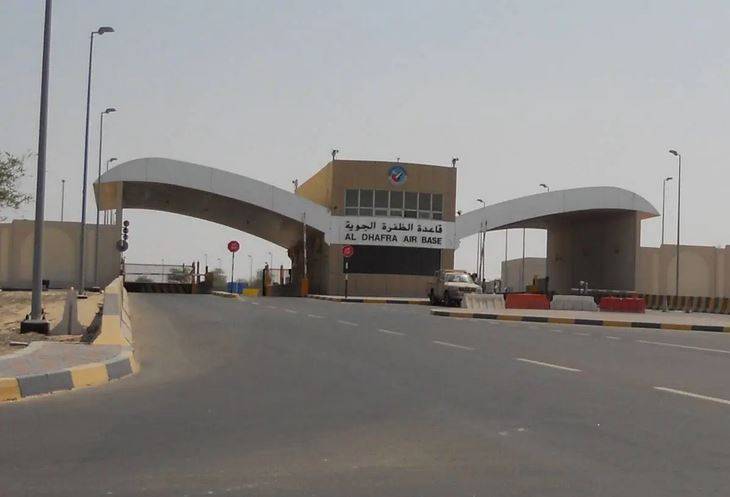1648 Views
U.S. Bases in West Asia: Shield for Israel or Lifeline for the Arab States?
After World War II and the victory of Western countries, the United States, as one of the victorious powers, adopted a new strategy to expand its military presence across the globe. By identifying critical regions, Washington established bases to control them, deploying troops and granting political and security guarantees to host nations that allowed U.S. military installations. Among these, West Asia was of particular importance due to its energy resources and the presence of the Zionist regime. Consequently, the United States established numerous bases in the region, which now operate in line with Washington’s objectives. This article examines the role of these military bases in West Asia.
The True Nature of U.S. Bases
These bases were essentially established to protect the Israeli regime, not to defend the Arab host states. Thus, reliance on them is a strategic mistake. A clear example was the attack by the regime on a Hamas meeting in Qatar, where the U.S. base on Qatari soil passively observed the assault without intervention. The primary U.S. goal in West Asia is to support its proxy — the Zionist regime — and recent developments should awaken host countries to the unreliability of Washington’s guarantees. The United States acts solely within the framework of its own interests and those of Israel, leaving Arab states abandoned at critical junctures. This pattern has been repeatedly evident in recent years.
A Warning for the Compromisers
The Abraham Accords, designed by Trump and his team, aimed to normalize relations between Arab states and the Zionist regime. Yet the recent attack on Qatar, alongside the ineffectiveness of U.S. bases in preventing it, should serve as an alarm bell for Arab governments inclined toward normalization. As U.S. inaction throws regional security into uncertainty, Arab states must reconsider their approach toward reconciliation with the regime, for despite their goodwill gestures, Washington has shown no commitment to protecting them. This is a clear warning for Arab compromisers.
Exposing U.S. Priorities
Washington’s regional policies are far less about fostering Arab–Islamic collective security than about ensuring Israel’s safety and controlling energy resources. These goals are pursued with or without the cooperation of regional states. Arab monarchies must understand that the costs of normalization far outweigh those of resistance. Therefore, West Asian states need to redefine their regional strategy. If Arab–Islamic summits turn away from dependence on the U.S. and instead embrace an independent, resistance-based approach, they could play a genuine role in ensuring regional security. Building security through indigenous forces and designing a NATO-style regional army could serve as a solution for West Asia.
Conclusion
West Asian countries currently maintain an “imported” view of security, believing that by paying political or economic concessions, they can secure U.S. protection. Yet repeated events across the region prove otherwise: the U.S. will only intervene wholeheartedly in defense of Israel. The recent Doha summit highlighted the lack of awareness among many Arab states, as no serious steps were taken toward redefining regional security. Meanwhile, Washington and Tel Aviv are actively redrawing West Asia’s geopolitical landscape. The failure of regional states to act will come at a heavy price, as the very nature of U.S. bases is solely to advance American and Israeli goals — leaving host countries with no true guarantee of their own future security.
Translated by Ashraf Hemmati from the original Persian article written by Amirali Yeganeh
1. https://www.iiss.org/online-analysis/online-analysis/2022/09/overseas-bases-and-us-strategic-posture/
2. https://www.nytimes.com/2025/09/10/world/middleeast/israel-strike-qatar-us.html
3. https://www.dw.com/en/abraham-accords-promised-a-new-middle-east-that-changed/a-73976406

Comment
Post a comment for this article